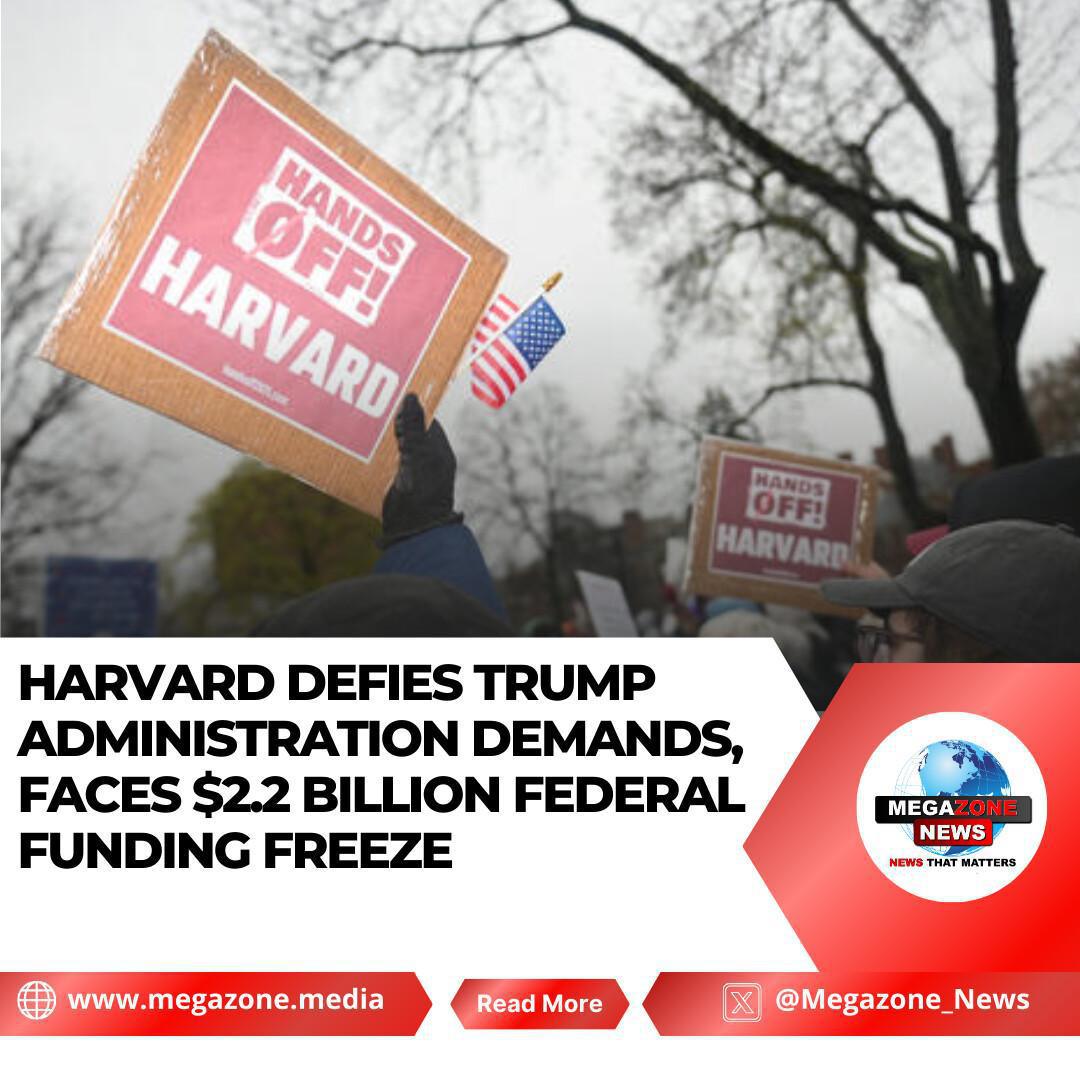The Trump administration has frozen over $2.2 billion in federal funding to Harvard University after the Ivy League institution rejected sweeping demands from the White House aimed at combating antisemitism on campus.
The move follows a sharp rebuke from Harvard, which accused the administration of attempting to control the university’s internal affairs. The demands — which included changes to governance, hiring, admissions, and the auditing of academic departments — were delivered alongside a warning that continued federal funding was contingent on compliance.
Harvard President Alan Garber said the university refused to cede its independence. “The university will not surrender its independence or relinquish its constitutional rights,” Garber said in a letter to the Harvard community. He acknowledged the importance of combating antisemitism but condemned what he called government overreach.
Shortly after Garber’s response, the U.S. Department of Education confirmed the immediate freeze of $2.2 billion in grants and $60 million in contracts. “The harassment of Jewish students is intolerable,” it said in a statement. “It is time for elite universities to take the problem seriously and commit to meaningful change if they wish to continue receiving taxpayer support.”
This is the first instance of a major U.S. university openly rejecting the Trump administration’s proposed reforms. President Trump has repeatedly criticized top-tier institutions for what he calls failures to protect Jewish students amid campus protests related to the Israel-Gaza conflict.
The administration’s demands included disciplinary action over past protest-related violations, a ban on diversity, equity, and inclusion (DEI) initiatives, and mandatory reporting of students deemed “hostile to American values.”
Harvard now joins Columbia University, which previously faced a $400 million funding cut over similar concerns. While Columbia complied with some demands, Harvard has taken a firm stand, leading to escalating legal and political tensions. Professors have filed lawsuits claiming the federal government is infringing on academic freedom and free speech.
The decision signals a deepening clash between federal authority and institutional autonomy — one likely to shape the future of higher education policy and funding in the United States.


